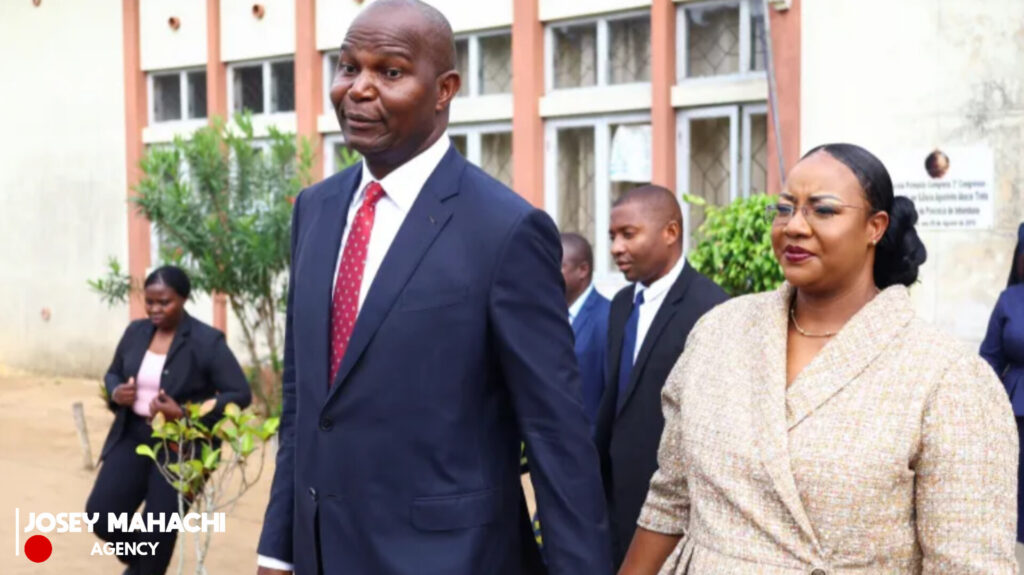By : Lloyd Mahachi
Mozambique’s Constitutional Council has sparked widespread controversy by upholding the ruling party Frelimo’s victory in the country’s recent election.
The decision has been met with fierce opposition from various quarters, with many citing blatant irregularities and vote-rigging as the reason for Frelimo’s landslide win.
As the country teeters on the brink of chaos, the international community is watching with bated breath, eager to see how the situation will unfold.
The election, which took place in October, was meant to be a milestone in Mozambique’s democratic journey.
However, the outcome has been marred by allegations of widespread fraud and manipulation.
The opposition has been vocal in its criticism of the election process, with many claiming that the ruling party resorted to underhanded tactics to secure its victory.
Despite these claims, the Constitutional Council has chosen to validate the election results, paving the way for Frelimo’s continued dominance.
The implications of this decision are far-reaching and potentially devastating.
Mozambique has long struggled with poverty and inequality, and the perpetuation of Frelimo’s rule is likely to exacerbate these issues.
The country’s youthful population is increasingly disillusioned with the government’s failure to provide basic services and opportunities.
The election controversy has only served to deepen this sense of disillusionment.
As tensions simmer, there are fears that the situation could escalate into widespread unrest and violence.
The opposition, led by the charismatic Venancio Mondlane, has vowed to continue its fight for democracy and transparency.
Mondlane, who has taken refuge abroad due to fears for his safety, has called for a popular uprising against the government.
He has cited the election as a sham, and his words have resonated with many Mozambicans.
They feel that their voices have been silenced by the ruling party’s stranglehold on power.
As the opposition’s plans for a popular uprising gain momentum, the government is likely to respond with force.
This could potentially plunge the country into chaos.
The international community has a critical role to play in resolving the crisis.
By speaking out against the election irregularities and supporting the opposition’s calls for transparency, the global community can help to ensure that Mozambique’s democratic institutions are respected.
The European Union, the African Union, and other organizations have already begun to exert pressure on the government.
They are calling for calm and restraint, but more needs to be done to address the root causes of the crisis.
The international community must act swiftly to support the opposition’s calls for democracy and transparency.
This is necessary to prevent further escalation and ensure that Mozambique’s democratic institutions are respected.
The fate of Mozambique’s youthful population, who are desperate for change and opportunities, hangs in the balance.
In the coming weeks and months, the situation in Mozambique will continue to evolve.
The opposition’s plans for a popular uprising will likely gain momentum, and the government will respond with force.
The international community must remain vigilant, speaking out against human rights abuses and supporting the opposition’s calls for democracy.
By doing so, the global community can help to ensure that Mozambique’s democratic institutions are respected.
The country can then transition towards a more stable and prosperous future.
The future of Mozambique is uncertain, but one thing is clear: the country is at a crossroads.
The election controversy has exposed deep-seated flaws in the country’s institutions.
The government’s response has only served to exacerbate these flaws.
The opposition’s calls for democracy and transparency have resonated with many Mozambicans.
They are desperate for change and opportunities, and the international community must remain committed to supporting their calls for democracy.
This is necessary to prevent the country from sliding further into chaos and instability.
Editor : Josephine Mahachi

